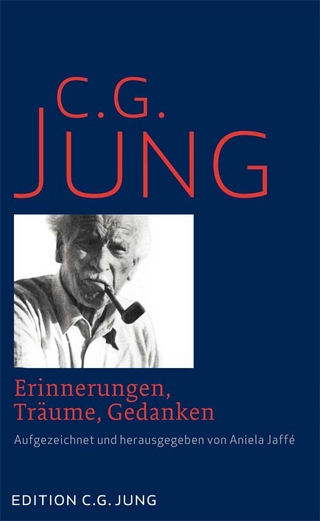
The Social and Political Psychology of Violent Radicalism
Springer International Publishing (Verlag)
978-3-031-46253-5 (ISBN)
This book provides a unique perspective on the perpetrators and victims of political violence, using original evidence from the deadly attacks perpetrated in Paris in 2015. Much of the current literature focuses on the perpetrators of such violence. This volume, however, offers a deeper analysis by focusing not only on the terrorists themselves but on understanding the reactions of the general population affected by such lethal acts. It provides a more detailed view of the opponents of terrorism, namely us, and explains how our own reactions can increase or decrease, the potential for political violence. Part I introduces the most relevant theories within social psychology and political psychology that are used to understand terrorism; Part II examines empirical evidence from a French context; and Part III discusses policy implications, with the prevention of political violence as a long-term goal. Finally, the volume offers a blueprint for a more appropriate conceptualization of terrorism as arising out of intergroup conflict suggesting ways to build a resilient society. This book will be of interest to researchers, teachers and students across social psychology, sociology, political psychology and political science.
lt;p>Serge Guimond is emeritus professor of experimental social psychology at Université Clermont Auvergne (previously Université Blaise Pascal) in Clermont-Ferrand, France. He has studied social psychology in Montréal, Québec, Canada (McGill University and Université de Montréal) and in Paris, France (Université Paris Nanterre). He was Director of the CNRS (Centre National de la Recherche Scientifique) Laboratory of Social and Cognitive Psychology in Clermont-Ferrand (UMR 6024) from 2011 to 2015. Editor of Social Comparison and Social Psychology (Cambridge University Press), he is interested in psychology, culture and politics.
Armelle Nugier is assistant professor of social psychology at Université Clermont Auvergne. She is head of the CNRS research team on "Social behaviors and collective dynamics" (with Céline Darnon) within the Laboratory of Social and Cognitive Psychology in Clermont-Ferrand. She has published numerous scientific articles and is the author of Les Influences Sociales (Dunod, Second edition) with Peggy Chekroun.
Part I. Theory: Intergroup Conflicts and Political Violence.- Chapter 1. The Psychology of Religious Extremism: Motivational Aspects.- Chapter 2. Theories of Intergroup Relations: Vicious Cycle between "Us" and "Them".- Chapter 3. Terrorism as Perceived Group Threat.- Part II. Research: Paris 2015 - Collective Response to Terrorism.- Chapter 4. The Psychological Effects of Terrorist Attacks: Experimental Evidence.- Chapter 5. Public Opinion: Shift in Conservative or Liberal Direction?.- Chapter 6. Predictors of Participation in Collective Action: Who Was Charlie?.- Part III. Policy Implications.- Chapter 7. Blueprint for a Long-Term Goal: Prevention of Political Violence.
| Erscheinungsdatum | 28.11.2023 |
|---|---|
| Reihe/Serie | Peace Psychology Book Series |
| Zusatzinfo | XIX, 120 p. 13 illus., 9 illus. in color. |
| Verlagsort | Cham |
| Sprache | englisch |
| Maße | 155 x 235 mm |
| Gewicht | 367 g |
| Themenwelt | Geisteswissenschaften ► Psychologie ► Psychoanalyse / Tiefenpsychologie |
| Sozialwissenschaften ► Politik / Verwaltung ► Europäische / Internationale Politik | |
| Schlagworte | Charlie Hebdo terror attack • Collective responses to terrorism in Paris 2015 • Experimental evidence on psychological effects of terror • I am Charlie • Intergroup conflict and political violence • je suis charlie • Long-term prevention of political violence, policy implications • Predictors of participation in collective action against terror • Quest for Significance • Realistic Group Conflict Theory • Relative deprivation theory • Shifting public opinion after terrorism • Social Dominance Theory • Social Identity theories • Terrorism as a perceived group threat • Terror Management Theory • The psychology of religious extremism • The social and politcal psychology of terrorism • Us, Them, and intergroup relation theories |
| ISBN-10 | 3-031-46253-X / 303146253X |
| ISBN-13 | 978-3-031-46253-5 / 9783031462535 |
| Zustand | Neuware |
| Informationen gemäß Produktsicherheitsverordnung (GPSR) | |
| Haben Sie eine Frage zum Produkt? |
aus dem Bereich


